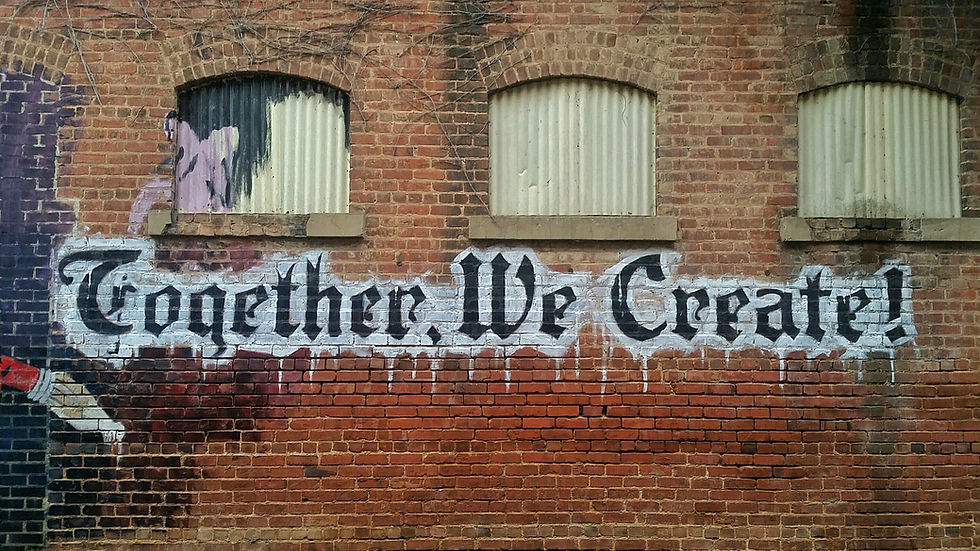Why Do You Do What You Do? The Difference Between Means Goals and End Goals
- CHIARA RONZANI CONSULTING

- Jan 17, 2025
- 2 min read

Often, in work and life, we find ourselves immersed in a continuous flow of activities without asking ourselves 'why' we are doing what we do. The result? Stress, frustration, and a sense of disconnection—both for ourselves and the company we work for.
If a team (or a company) lacks clarity about its true objective, the risk is losing motivation and direction. To avoid this trap, it is essential to distinguish between Means Goals (instrumental goals) and End Goals (final goals)

Means Goals
What Are They?
Instrumental goals are those we set as a means to achieve something else. They are often linked to specific actions, such as "earning a degree," "getting a promotion," or "learning a new language."
How to Recognize Them?
These goals typically contain phrases like "so that I can" or "in order to."
🔹 "I want a master’s degree so that I can get a better job."
🔹 "I need to complete this project so that I can earn a bonus."
The Problem?
If we focus only on Means Goals, we risk chasing achievements that don’t truly belong to us. The result? Once we reach them, we still feel unfulfilled.

2️⃣ End Goals
What Are They?
End goals represent what we truly want to experience and live. They are intrinsically meaningful and exist not as a means to an end, but to give us a deep sense of fulfillment.
Examples of End Goals:
🔹 "I want to live a life full of meaningful experiences and adventures."
🔹 "I want to contribute positively to the growth of the people around me."
🔹 "I want freedom and autonomy in my career."
Why Are They Important?
If we don’t identify our end goals, we risk chasing objectives that don’t truly belong to us, shaped instead by societal norms or external expectations.

Try this Exercise: Give Meaning to Your Goals
Write Down 3 Goals You Are Currently Pursuing
These can be professional or personal goals.
📌 Write down your three goals here:
x
x
Ask Yourself "Why?"
For each goal, ask yourself: "Why do I want to achieve this?"If your answer includes "so that I can" or "in order to", it is likely a Means Goal.
📌 Do the same exercise for your goals:
Goal: ___________________
Why? ___________________
Goal: ___________________
Why? ___________________
Goal: ___________________
Why? ___________________
Find Your End Goal
Now, dig deeper. If your goal is a means, what is the real destination?What is the feeling, experience, or value you truly seek?
📌 Identify your End Goals:
End Goal: ___________________
End Goal: ___________________
End Goal: ___________________
Use Your End Goals to Work with More Motivation
Now that you have identified your true End Goals, ask yourself:
✓ Are the activities I do every day aligned with my End Goals?
✓ Am I working toward something that truly motivates me, or just to reach an intermediate step?

A company and a team aligned with End Goals work with more passion, make more conscious decisions, and achieve better results.
☞ Apply this exercise whenever you feel like you've lost direction!
☞ Share your End Goal in the comments! It will help you visualize it better and take action toward it.





Comments